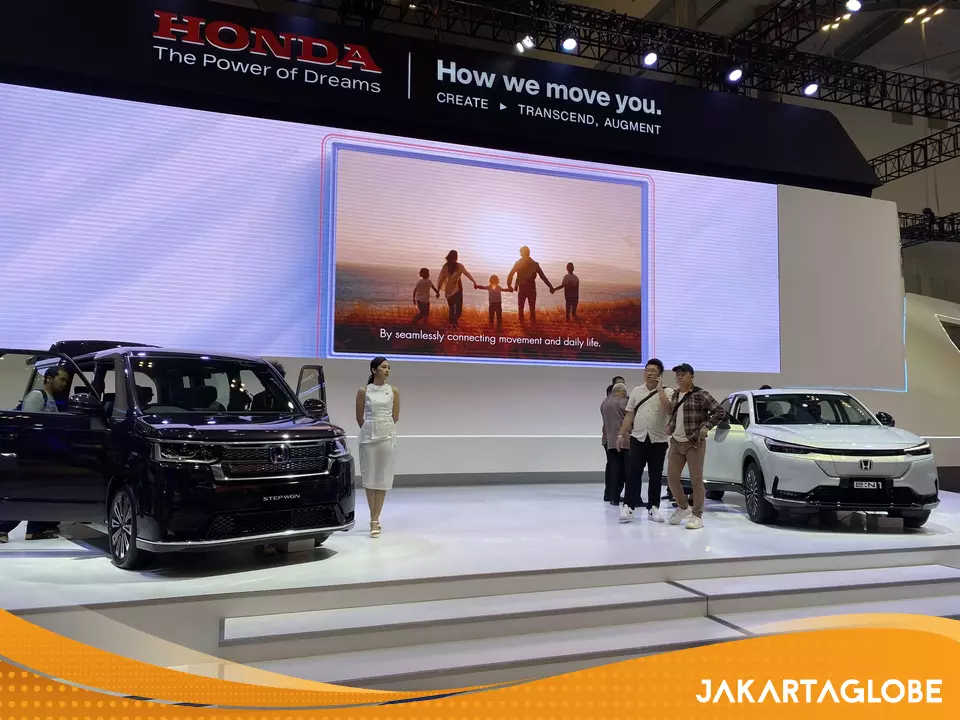The global electric vehicle (EV) power inverter market is expected to expand significantly, with a projected growth of USD 9.13 billion between 2024 and 2028. According to Technavio, the market is anticipated to grow at a robust CAGR of 9.45% during this period, driven by the rising sales of Battery Electric Vehicles (BEVs) and Plug-in Hybrid Electric Vehicles (PHEVs). This growth is also influenced by advancements in solar energy storage and green energy policies.
Key Players and Emerging Trends
Leading companies such as Aegis Power Systems, Bosch Mobility Solutions, and Infineon Technologies are major players in this growing market. The sector is witnessing a trend toward in-wheel micro-inverter systems, which offer increased efficiency and space-saving advantages. Protean Electric has emerged as a leader in this area, introducing innovative inside-out motor and micro-inverter systems that maximize space for battery packs and luggage.
SiC (Silicon Carbide) inverters are gaining popularity due to their high efficiency and power density, crucial for sustainable transportation solutions. Additionally, regenerative braking technologies are enhancing overall vehicle performance, further driving the market’s growth.
Thermal Management and Technological Challenges
Despite the positive outlook, thermal management issues pose significant challenges, as EV power inverters generate more heat than traditional vehicles. Effective cooling systems are essential to maintaining performance and longevity. Innovations like two-sided cooling systems and shared cooling architectures are being developed, though they add to the cost of the power inverter system.
The adoption of wide-bandgap semiconductors such as SiC and GaN (Gallium Nitride) is crucial for improving switching frequencies, reducing energy losses, and increasing driving range. These developments are essential for meeting the rising demand for solar energy storage and advancing solar technology in the energy market.
Future Outlook and Market Growth
As the market for emission-free vehicles grows, manufacturers are increasingly investing in energy-efficient EV technology. Companies like NXP Semiconductors and Mitsubishi are focusing on weight reduction and innovative inverter prototypes to improve performance and competitiveness with internal combustion engines.
The EV power inverter market’s growth is also supported by increasing consumer spending on green vehicles, driven by favorable solar energy investment and green energy policies. As technological developments in battery technology and power inverters continue, the market is set to play a crucial role in the global shift toward sustainable transportation and energy solutions.
Source: prnewswire.com





